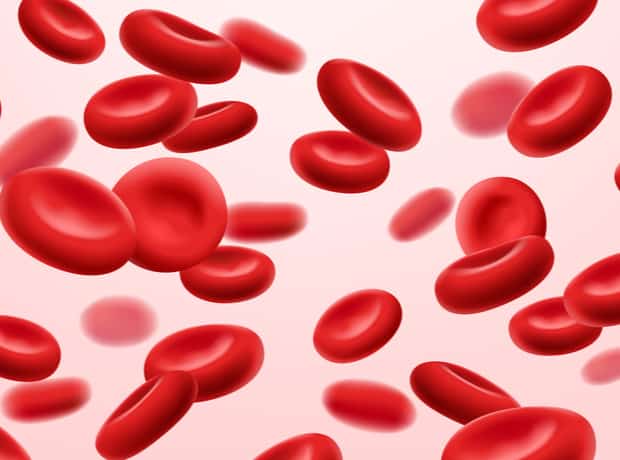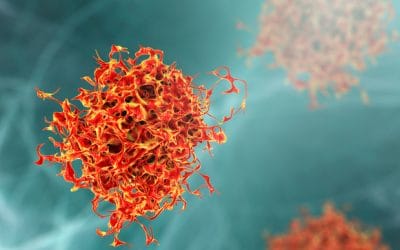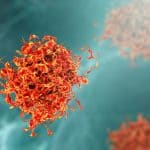The NHS has announced that it is the first healthcare system globally to provide a new group genotyping test for patients living with inherited blood disorders, including sickle cell disease and thalassaemia.
The new blood matching genetic test will help the NHS to better match patients’ blood transfusion, reduce the risk of side effects and offer more personalised care to patients.
Transfusions are commonly used to treat rare inherited blood disorders; however, following a transfusion, around a fifth of patients develop antibodies against certain blood groups.
Because of this, patients can experience delays in treatment due to issues finding enough matching blood and blood transfusion reactions.
Affecting around 17,000 people in England, sickle cell disease can result in severe organ damage and intense pain when damaged red blood cells block vessels and restrict oxygen supply.
Mainly seen in those with an Asian, Middle Eastern or Southern Mediterranean heritage, with less than 50 new cases each year in England, people with thalassaemia cannot produce haemoglobin, which allows red blood cells to carry oxygen around the body, causing severe anaemia.
Set to benefit almost 18,000 people in England, NHS England, in partnership with NHS Blood and Transplant, is encouraging patients living with sickle cell disease and thalassaemia to have this genetic test alongside their routine hospital blood tests.
Furthermore, the new test will also benefit patients living with transfusion-dependent anaemias, including Diamond Blackfan anaemia, which affects the production of red blood cells.
Professor Bola Owolabi, director, National Healthcare Inequalities Improvement Programme, NHS England, said: “Being able to provide high-quality and more personalised care to people with inherited blood disorders is an important step forward in helping to reduce health inequalities.
“This innovative test will greatly improve [the] quality of life for people living with these disorders. I urge those eligible to ask their clinical teams about the test and to accept if they are invited to take part.”










